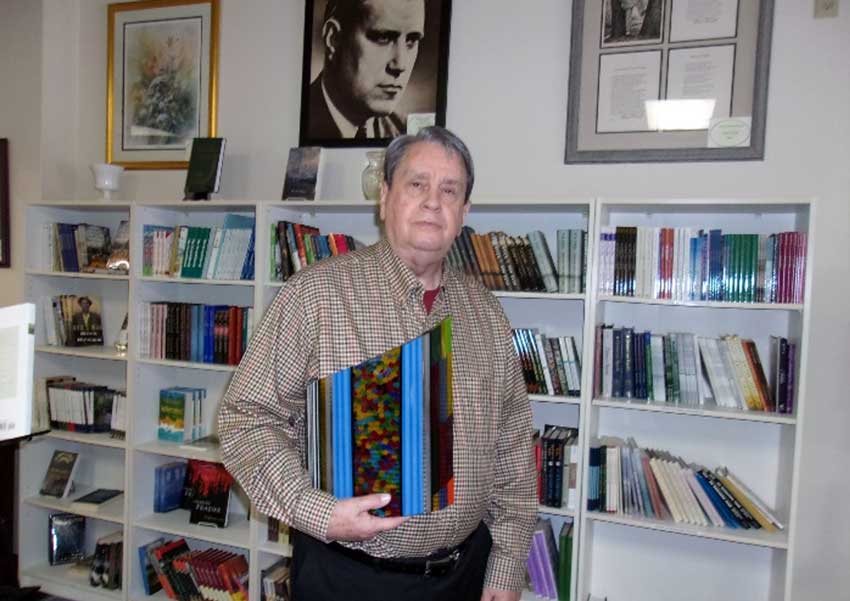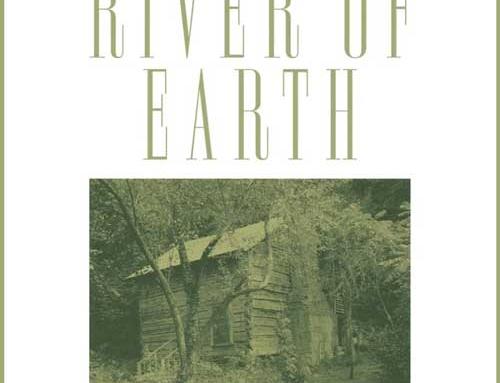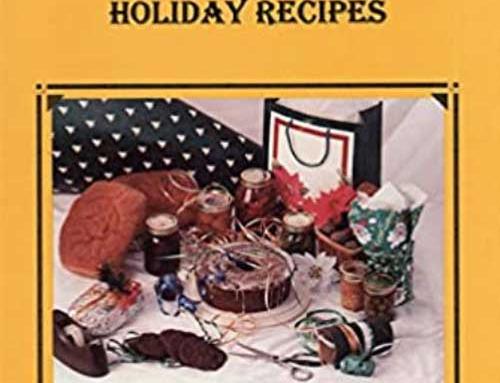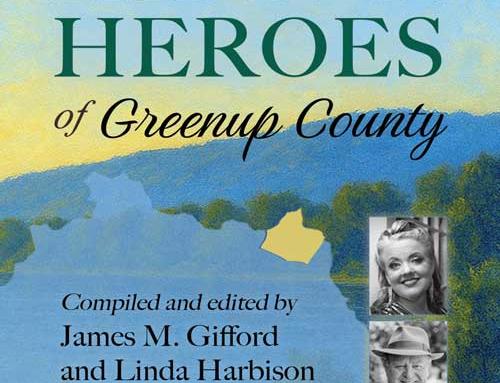In 1985, I moved to Ashland to assume the executive and literary leadership of the Jesse Stuart Foundation, an organization that had been created in 1979, five years before Stuart’s death, to manage his literary estate. With assistance from hundreds of people, including Keith Kappes, a Vice President at Morehead State University, Judy B. Thomas, President of the Ashland Oil Foundation, and former state librarian Wayne Onkst, we have transformed the JSF into a significant regional publishing house. Over the last 39 years, the JSF has published more than 150 books, including valuable works by Jesse Stuart, Allan W. Eckert, Billy C. Clark, Thomas D. Clark, Harry Monroe Caudill, Edwina Pendarvis, and dozens of other important Kentucky and Appalachian authors. The numerous awards and honors we have received — including the prestigious 2021 Milner Award — have brought regional, state, and national recognition to Ashland, Kentucky, and northeastern Kentucky.

Dr. James M. Gifford holds his Milner Award at the Jesse Stuart Foundation in early 2022.
Jesse Stuart’s literary achievements are only part of an incredibly active life that embraced other careers such as farmer and conservationist, editor and United States naval officer, teacher and administrator, and lecturer and international man of letters. He was also a man of public commitment and philanthropy, giving half the value of his land, modestly valued then at 1.2 million dollars, to the people of Kentucky in order to establish the Jesse Stuart Nature Preserve, thus saving for all time the old stands of timber and pasture lands teeming with wildlife in W-Hollow.
During the last twenty years of his life, he suffered eight heart attacks and two strokes. Because he required close medical attention, his final 20 months were spent in the Jo-Lin Health Care Center in Ironton, Ohio, fifteen miles from his beloved home in W-Hollow. A final onslaught of “intractable heart failure” took his life on the afternoon of February 17, 1984.
Today, in the Plum Grove Cemetery, a tablet-shaped gravestone of Vermont granite shoulders its way to the sky, standing as tall and strong as the man it memorializes. Stuart’s land has a voice, and so does this stone. One side depicts a carved bull-tongue plow, the symbol of the farmer; the other side a lamp and book, suggesting the teacher; the back of the stone reveals a scene of nature – trees and mountains caught in the setting sun, into which curves a modern highway, dramatizing the possible harmony of conservation and human progress in which the man-artist believed. These lines from “Album of Destiny” are etched on his gravestone:
What is life worth when we’re afraid to live,
When we as humans dodge what Nature’s given?
What is life worth when we take and don’t give,
And when the best in us will not awaken?
What is a lamp without a burning flame?
What is the human brain without insight
To guide us from the night from whence we came
Through paths uncertain to the morning’s light?
Do not the flowers look to morning’s light
With strength from roots in earth securely fastened?
Should not man look to morning for his light
Before his body fails, his life wasted?
Life is no more than wind unless we give,
True to our hearts, true to our fellow-men,
That we may in the finish when we leave
Triumph in life that surely comes again.
Indeed, life is no more than wind unless we give. I have given more than forty years of my life to the Jesse Stuart Foundation and to the people of Ashland, Kentucky. Two decades ago, book sales began to decline dramatically, and it became obvious that we needed to change our business model to survive. As my first major effort at retrenchment, ten years ago we sold our beautiful downtown building. The 30,000 square foot former post office building was too expensive to maintain at a time when the publishing industry was struggling. We subsequently purchased and upgraded a smaller building within the city limits. We also cut staff and production expenses. And I made a personal sacrifice toward the Foundation’s survival. For the past 16 years, I have worked without a salary or any other financial recompence to try to keep the JSF on a “break even” basis. As a very conservative estimate, I have donated more than one and a half million dollars to the JSF. I do that because our work is genuinely important. Good books make good readers, and good readers make good citizens. At the JSF, we encourage Americans to respect books and embrace reading. Literacy and freedom walk hand-in-hand in a democratic society. When we become less literate, we become less free.
I donate my time and efforts to encourage others to contribute. The JSF needs more help from the community we have served faithfully and professionally for 40 years. I invite area businesses and individuals to give to the JSF—give your talents, your energy, and your resources to an organization that gives so much to this community.
James M. Gifford, Ph.D.
CEO & Senior Editor
Jesse Stuart Foundation




